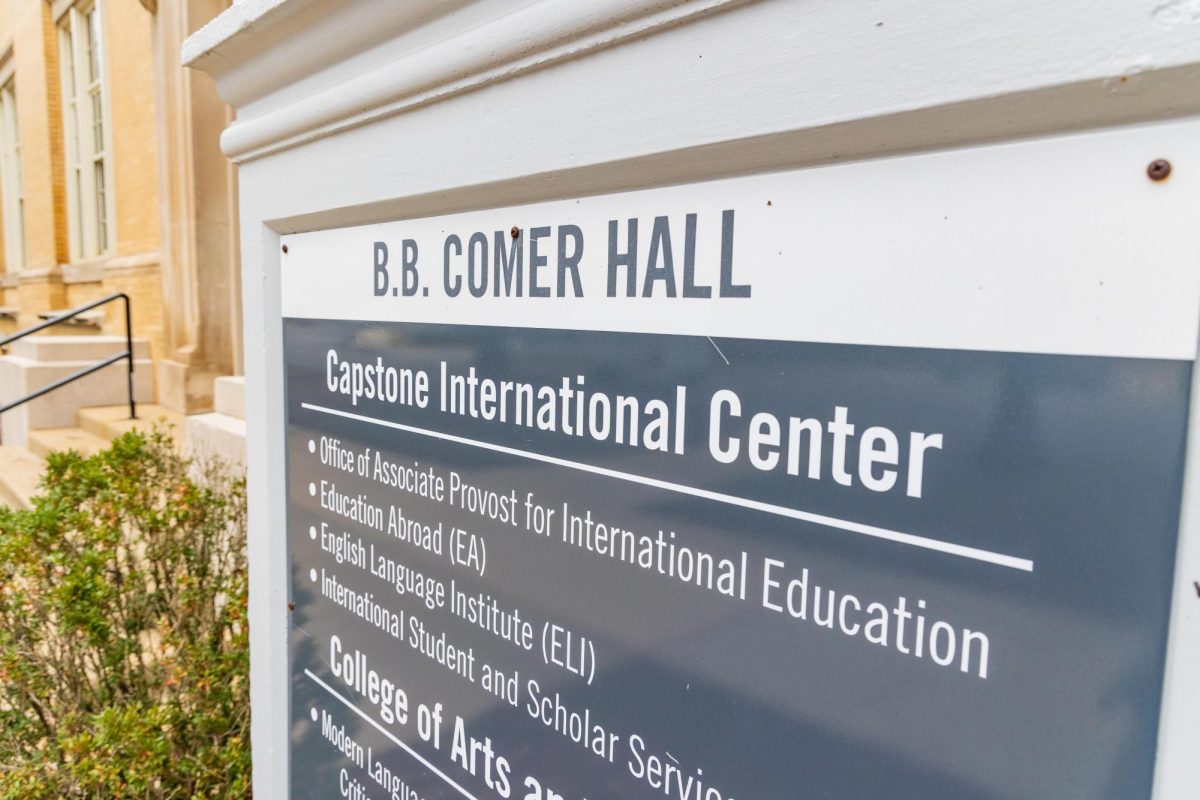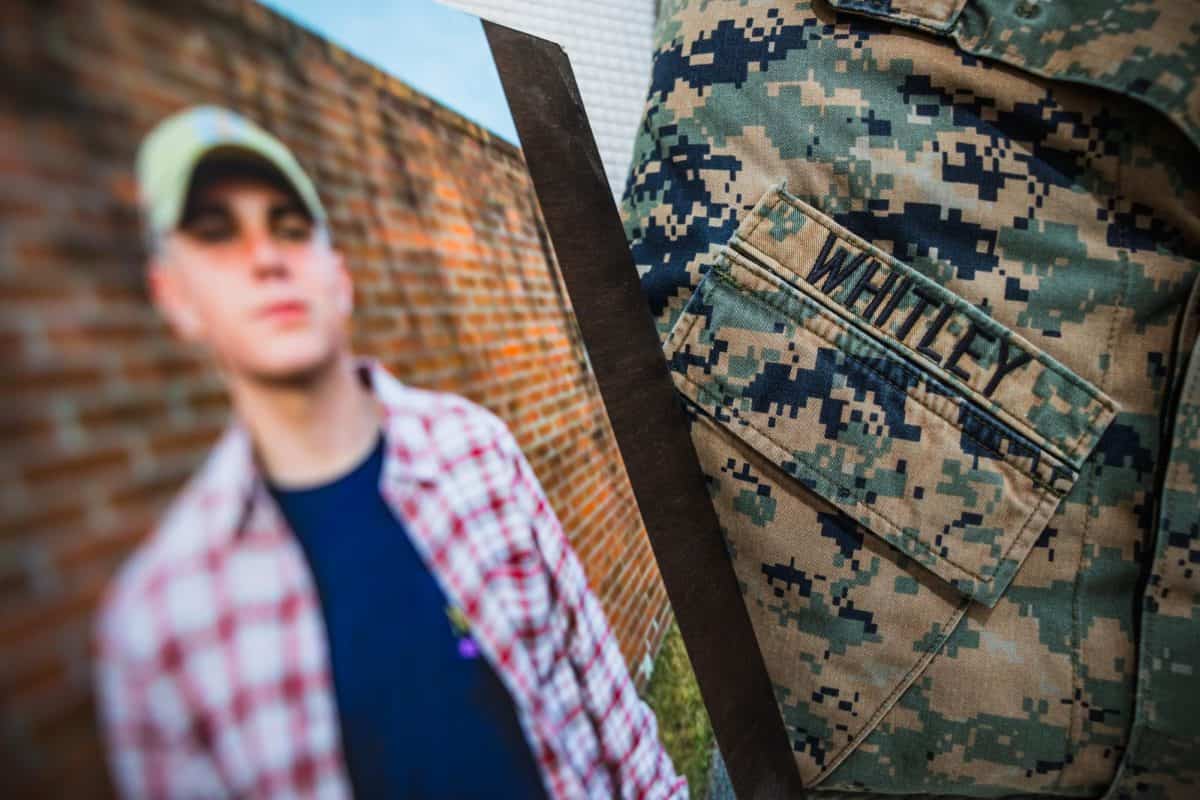Diabetes has become a nationwide epidemic, with 25.8 million diabetic people in the United States, according to the American Diabetes Association. Of that 25.8 million, 215,000 are younger than 20 years old.
If present trends persist, one in three Americans will have diabetes by the year 2050, Aimee Johnson, executive director of the American Diabetes Association, said.
Although type-one diabetes is not preventable, type-two is.
“You can prevent or delay [type-two diabetes],” Johnson said. “Eating right and staying active are the two best options to delay the disease.” Johnson recommended 30 minutes of moderate exercise five days a week to fend off the disease.
Once developed, diabetes can be the underlying cause of many diseases, such as heart or kidney disease and even dental disease, according to the American Diabetes Association.
These and other complications that arise from diabetes can be delayed or even prevented by proper management of the disease, Rebecca Kelly, director of health promotion and wellness at the University of Alabama, said.
“The most important aspect of diabetes management is having a strong relationship with a healthcare team, including the physician, nurse, dietitian, pharmacist and diabetes educator,” Kelly said. “Additionally, blood sugar control is critical for the delay and prevention of complications.”
Foot ulcers, one of the most common complications that arises from diabetes, affect about 25 percent of the diabetic population.
A research company based on the UA campus, 525 Solutions, Inc., is using shrimp shells and seaweed to develop a bandage for diabetic ulcers that will improve wound healing.
Fifty percent of people suffering from diabetes that have an amputation are likely to die within five years of the amputation, Gabriela Gurau, the CEO of 525 Solutions, said.
“With the rising diabetic population, amputations will become more common,” Gurau said. “This technology could reduce loss of life as related to wound care in the diabetic field.”
The shell of a shrimp contains a biopolymer, chitin, which has antibacterial properties. The seaweed also contains a biopolymer, alginate, which acts like a sponge.
The combination of these biopolymers produces a bandage that can help fight infection while removing liquid from the wound, Whitney Hough, research engineer at 525 Solutions, said.
“We also are working to infuse minerals and vitamins into the fibers so that when it comes into contact with the wound, it would help promote cellular growth and help to close the wound faster,” Hough said.
Although research being done at 525 Solutions is in its early stages, the research engineers there continue to work to find ways to improve the future for diabetic patients.








